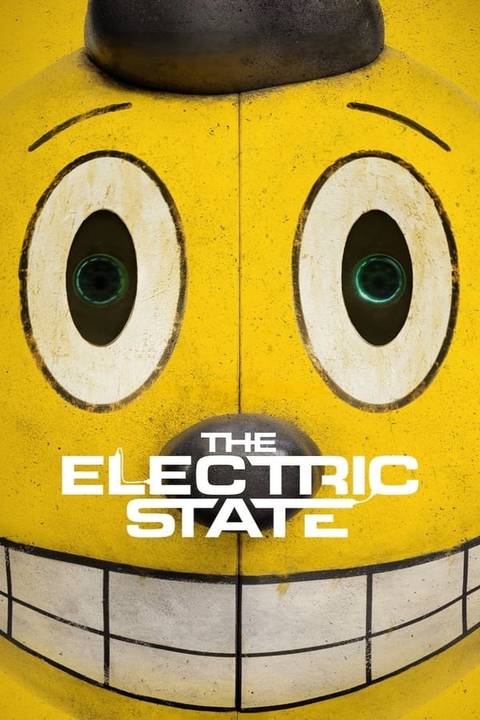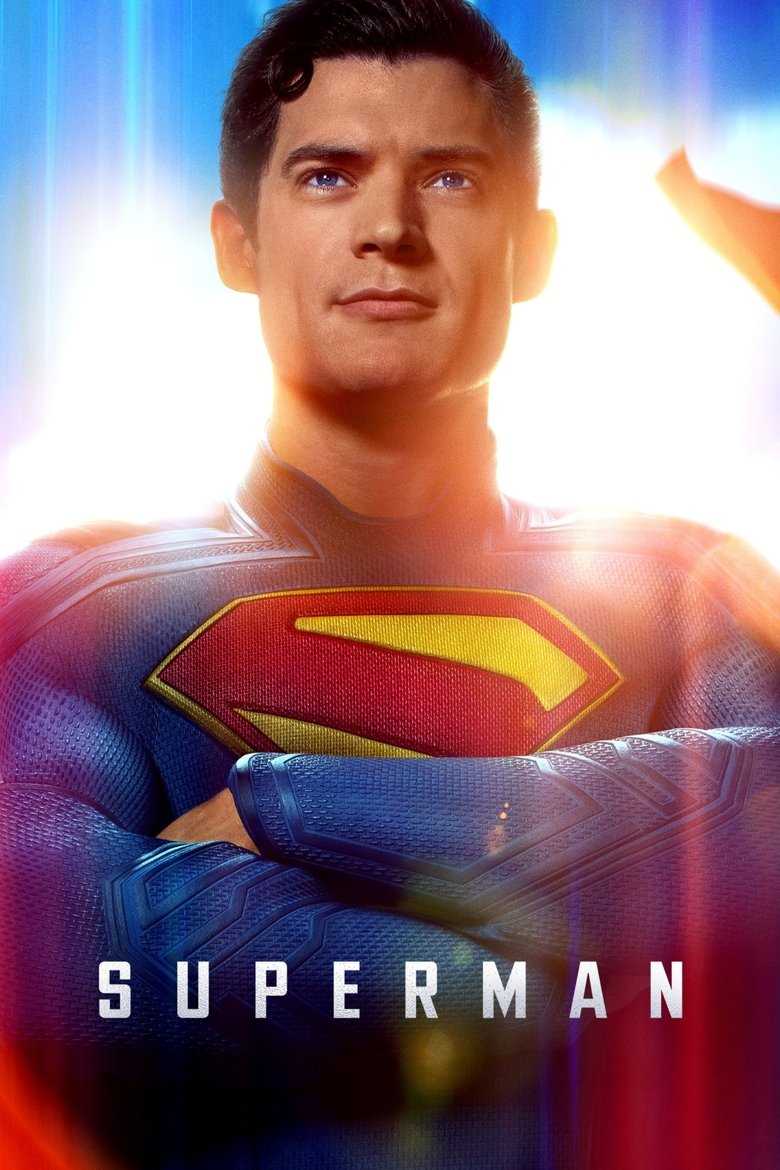Movies have been around for well over a century now, and they’ve changed dramatically over the years to reflect the technology and culture of the times. However, the core of what the movie experience is meant to be has been more or less the same—until now.
The rise of home streaming is redefining the purpose and nature of movies, and could even make the experience of going to the cinema nothing more than a story you’ll tell your grandchildren.
From Cinematic Event to Background Noise
Movies used to be something that stood above other types of visual media. They’re singular experiences that you’re meant to pay rapt attention to for 90 minutes (or thereabouts), and then digest over the days and weeks to follow—assuming it was good!
Now, there’s very little difference between movies and other types of content, thanks to streaming services. While you can still browse movies and TV series separately, on your home screen it’s all just one stream of “content”.
Maybe that’s not so bad, after all we used to have our physical movie and series collections all in the same place too, but streaming services make their own movies too, and movies produced for the cinema have one eye on that post-cinema streaming run too.
Movies produced during the streaming era mostly have that same vibe as the direct-to-video movies of yore. There’s something to the pacing, to the plots, and the overall approach to storytelling that feels small and for an audience on a couch surrounded by other distractions.

The Electric State
- Release Date
-
March 14, 2025
- Runtime
-
128 Minutes
- Director
-
Anthony Russo, Joe Russo
Quantity Over Quality
The economics of streaming demand a constant drip of new material to keep people subscribed. That means platforms prioritize output over impact. The mid-budget film—the backbone of cinema for decades—has nearly vanished, squeezed out by micro-budget originals and billion-dollar blockbusters designed to be safe bets.
This is how we got absolute garbage like The Electric State or Zack Snyder’s Rebel Moon films. They have the appearance of being movies, but it feels like you’re watching a movie generated by an AI that knows what a movie looks like from the outside, but not what a movie actually is.
The Vanishing Movie Library
One of the great tragedies in cinematic history is how much of the early film was lost. In the beginning, people didn’t think of movies as valuable art worth preserving. It was just a faddish bit of entertainment for the public. As a result, we lost the vast majority of silent films because they weren’t stored properly, and were lost to incidents like fire.
It’s hard to imagine that happening to movies from the era of DVDs or Blu-ray. Even VHS and LaserDisc collectors have helped preserve movies. There are millions and millions of physical copies out there, any of which could be used to recover lost media.
But what about movies coming out today? Some streaming services don’t officially release their content on physical media anymore, and traditional studios are cutting down on what movies make it to disc too. This means that the only entities that are holding on to copies of modern movies are the streaming services and studios—and movie pirates.
Movie preservation has been taken out of the (legal) hands of regular people, and if those movies aren’t being sold or streamed anywhere, they might as well not exist. Many of the movies in my DVD and Blu-ray collection are no longer available anywhere, or the version that you can stream has been altered or censored in some way. That’s not a situation I personally like very much at all!
Remember those awful algorithm-designed movies I mentioned earlier? They aren’t like that because their creators are stupid. The fact is that audiences don’t want movies that require their full attention. Streaming services don’t care why you keep watching, as long as you do. So a movie designed to be background entertainment while everyone doomscrolls their social media feeds isn’t going to be very good when you try to, you know, actually watch it as a movie.
What’s Left of the Big Screen Experience?
Theaters aren’t completely dead—tentpole blockbusters still pack crowds, and niche films find life at festivals or boutique distributors. But, I think most people are realizing that they have a great home entertainment system, and the gap between cinema and digital release is getting smaller all the time.
Honestly, the last movie I ventured out for was Avatar 2, where I knew I couldn’t replicate that 48fps 3D experience at home, but as much as I wanted to see the latest Superman movie, I just never found the time to go to the theater, and before I knew it the movie was available to rent online. So I did that and watched it on my OLED TV at home.

Superman
- Release Date
-
July 11, 2025
- Runtime
-
130 minutes
- Director
-
James Gunn
That does mean I’m at least part of the problem, but even if cinemas became obsolete that would still leave the issue of movie preservation being in a bad spot right now, and the rise of these nothing films built by math and AI—with all roads leading back to streaming services as the culprits.



